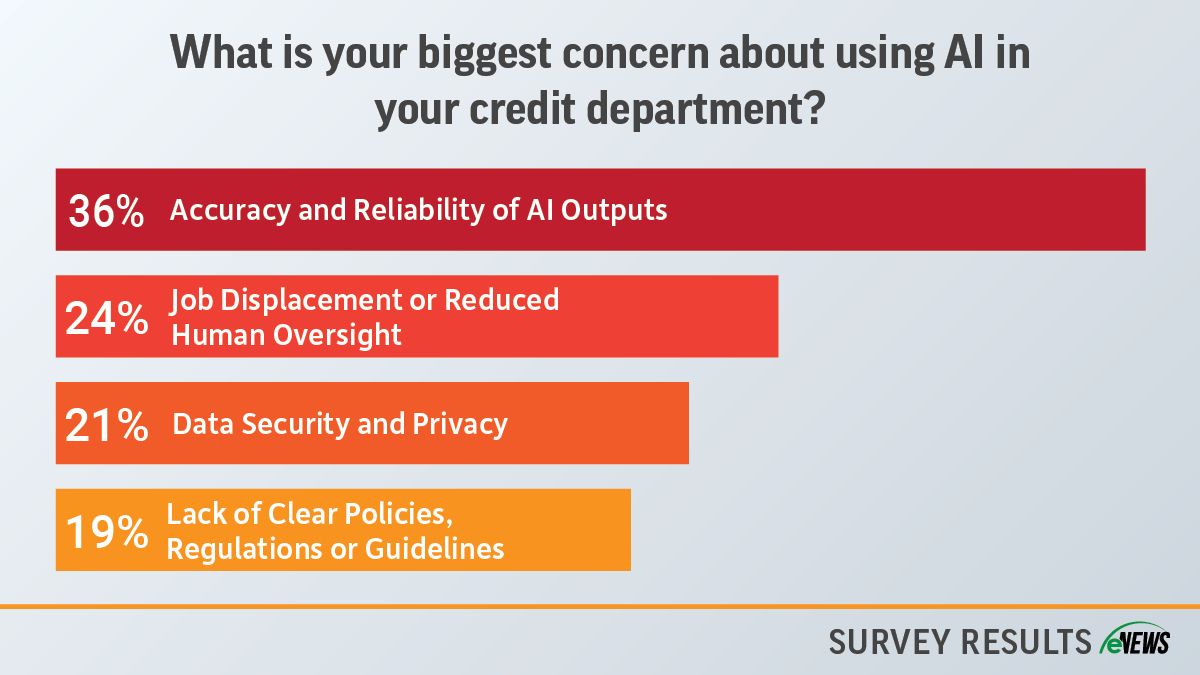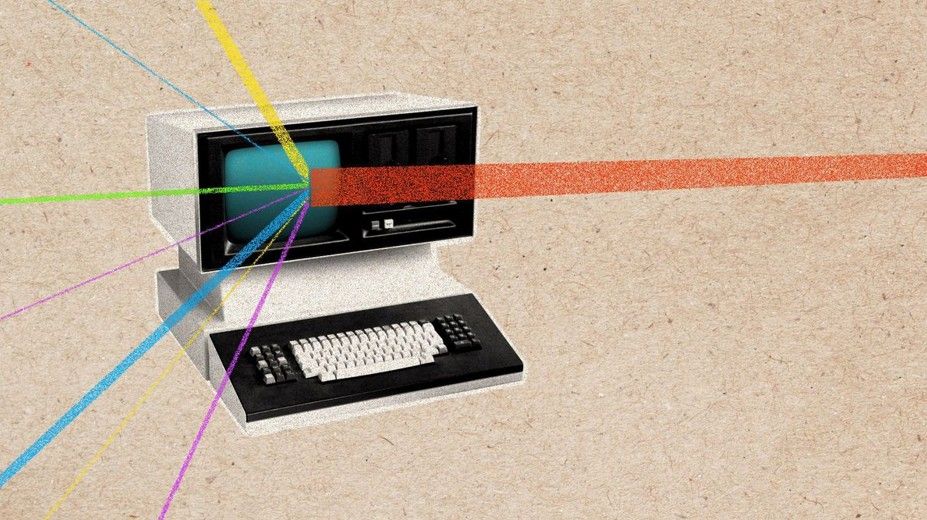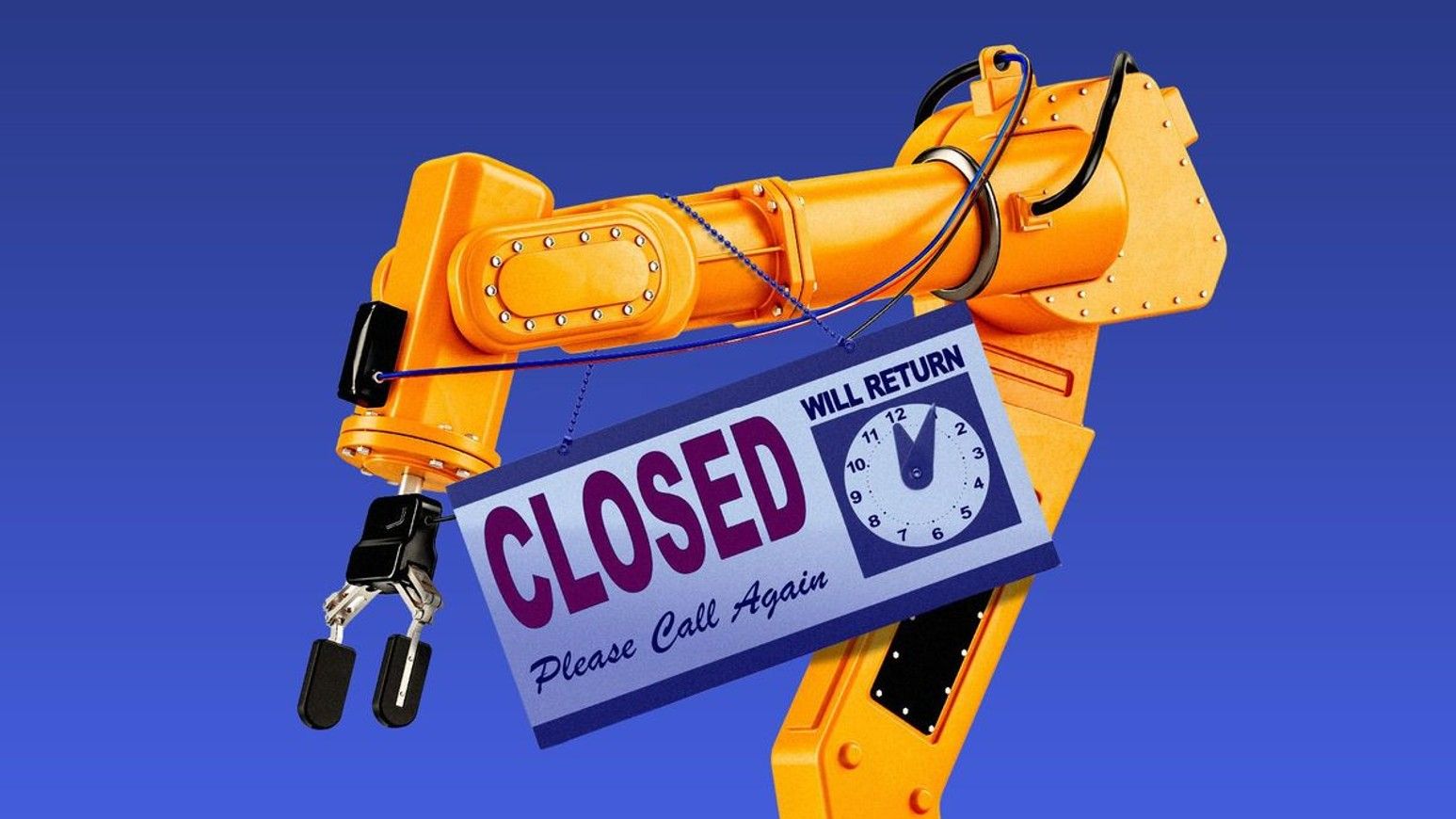eNews, Leadership
Mastering failure for professional growth

Credit professionals are no strangers to mistakes—whether it’s making hasty decisions, overlooking fraudulent activity or miscommunication.
Why it matters: Regardless of where you are in your career, learning from your mistakes can help you lead others more effectively and grow as a professional.
#1 Acknowledge mistakes immediately
When mistakes happen, make sure you acknowledge them right away and hold each other accountable. The quicker it’s addressed, the quicker it can be resolved. “At our company, we avoid sugar-coating reality,” said Tim Lane, credit and collections manager at Arcosa Aggregates (Norman, OK). “For example, if I make a mistake in one of our executive meetings, I immediately own up to it and offer a solution. I also make sure to ask for any additional suggestions right then and there.”
#2 Over communicate
The biggest challenge for leaders is communication. With social media and various communication methods, it’s increasingly easy to get distracted and overlook important information. “I think leaders often assume that telling their team once is enough,” said Mike McHargue, author of That’s on Me: Seasoned Executives Confess Their Rookie Mistakes and guest host of NACM’s February Author Chat. “To communicate effectively, leaders need to share information repeatedly—whether it’s company goals, strategies or values. Repetition helps people recognize and retain what’s truly important.”
Communicating expectations and creating timelines can help avoid future mistakes. “For example, if an email needs to be responded to by a certain time, it has to be addressed accordingly,” said Lorielle Champagne, CCE, credit manager at ROMCO, Inc. (Carrollton, TX). “Communication is key, so I make sure not only to keep track of what was happening, but also to communicate the expectations clearly with my team. Additionally, I documented these expectations so they had a reference.”
#3 Conduct daily reviews
To avoid future mistakes, conduct a daily personal and professional review of your achievements, challenges and opportunities for growth. Tracking these experiences can help you manage your time more effectively and make better decisions. “I’ve learned from past mistakes, like when I approved a credit under pressure,” Lane said. “Now, if I don’t feel confident about a credit application, I’ll do additional research and request further credit references. I also review customer feedback, such as Google reviews, to better understand the type of customer we’re dealing with before extending credit.”
#4 Learn from others
Failure reveals weaknesses in certain areas. Once you recognize weaknesses, it’s essential to address them and be open to learning from others, whether that’s a colleague or mentor. By doing so, you allow others to support and strengthen you in those areas. “I’ve had the chance to grow by learning about our new database system,” Lane said. “To deepen my understanding, I’ve been listening to webinars and podcasts, reading articles and exploring the system’s features. This has helped me grow as a leader within my credit team and within the company. I’ve used what I’ve learned to assist the AR, billing and sales teams.”
#5 Think positively
No matter the size or severity of your mistake, it can be fixed with a positive mindset. It is important to avoid letting it define your future actions. Champagne lives by a quote by Nick Saban, the former head coach of the University of Alabama football team, who said, “You never want to waste a failure.”
“Failure can have such a negative connotation but if you can’t learn from your mistakes, you can’t grow,” Champagne said. “To avoid repeating the same mistake, identify it, find out what caused it and what you need to improve. You can also try updating your guidelines or processes, spending more time training and documenting everything.”
Practicing self-compassion can help you stay motivated after making a mistake. “To stay motivated, I focus on what I can control—taking corrective actions and using the experience to improve,” said DeAnna Leahy, CCE, corporate credit manager at Sunroc Corporation (Orem, UT). “I also practice self-compassion, knowing that dwelling on the mistake doesn’t serve me or my work. Instead, I channel that energy into being proactive about future opportunities.”
#6 Build relationships
A common mistake leaders make is not connecting with their team. This disconnect can lead to a less productive and collaborative environment. “People want to feel connected to each other, their organization and their leader,” McHargue said. “So, leaders must learn as much as they can about their team members, from their hopes, dreams and aspirations. They should also make sure that the team members get to know each other.”
#7 Be humble
Practicing humility can help leaders better learn from their mistakes. They have to be open and honest about what they excel at and what they struggle with. “I witnessed this firsthand when thirty-five CEOs and other executive leaders openly admitted their mistakes in my book, offering insights to help leaders around the world,” McHargue said. “Through humility, leaders create an environment where their teams feel empowered to do the same, ultimately fostering better solutions that benefit the organization as a whole.”
The bottom line: “I believe the key to growing from mistakes is creating a culture where they are viewed as opportunities rather than setbacks,” Leahy said. “When teams feel safe to acknowledge and learn from errors, it leads to innovation, stronger relationships and better long-term results. Mistakes are inevitable, but how we handle them defines our trajectory.”
What’s next: Hear McHargue talk about his book, That’s on Me: Seasoned Executives Confess Their Rookie Mistakes, in NACM and FCIB’s Author Chat webinar on Feb. 13. Click here to register!





